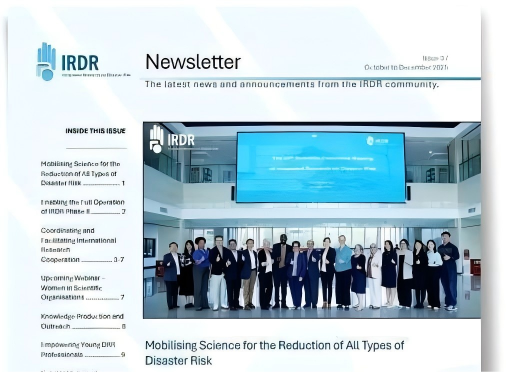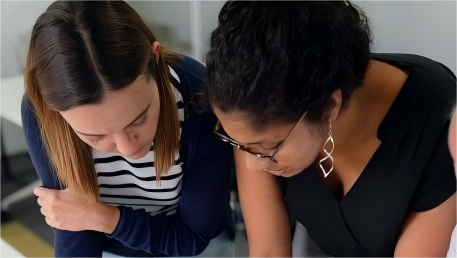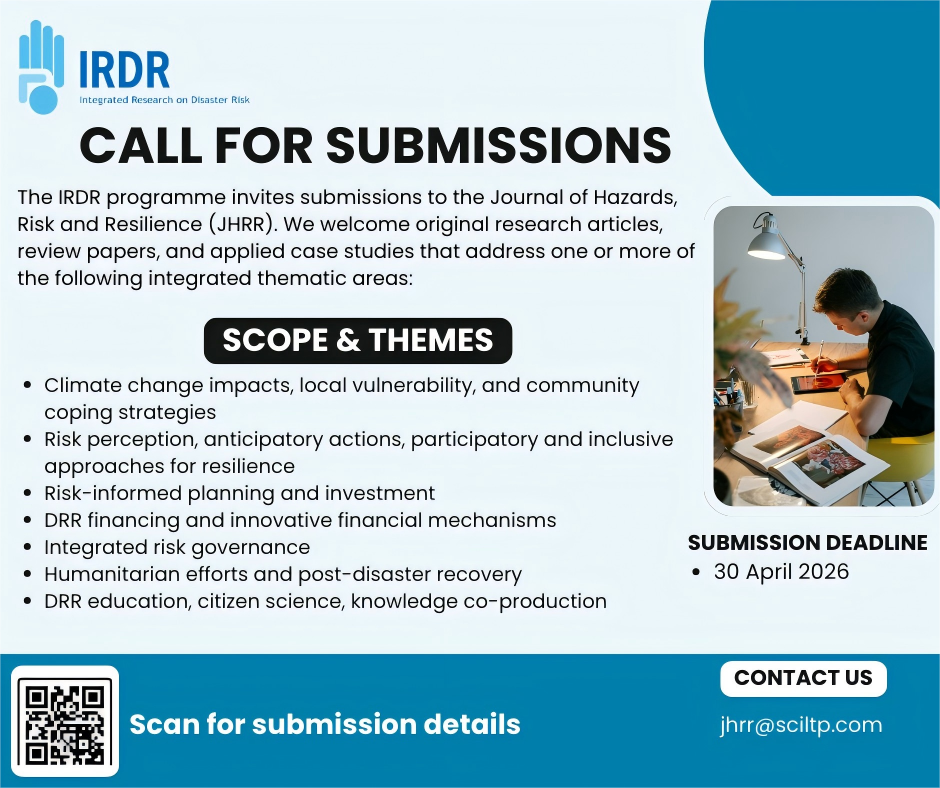The Geo.X conference held in Berlin, Germany from 24-26 March 2015 provided an international, interdisciplinary platform to discuss the role of the Earth Sciences for increasing the resilience of society to natural hazards. About 30 scientists of various disciplines attended the event and collectively communicated their perspectives on current topics that pose serious challenges to society and called for new approaches and scientific solutions.
The conference theme defined a framework for innovative inter- and trans-disciplinary research activities at the interface between geo sciences and relevant disciplines from natural and engineering sciences, social sciences, humanities, and politics. Three lectures on the topics in geo risk management, risk governance and scientific advocacy in a globalized world were discussed that fostered optimal exchange of ideas among the participants.
Both the number of hazardous events caused by geological, hydrological, and meteorological extremes and the severity of their impacts have dramatically increased over the past decades. Large risks are not limited to the countries that are traditionally most frequently affected by natural hazards, since low-frequency of damaging events can result in a loss of knowledge, a growing lack of preparedness, and a degradation of technical resilience measures. Furthermore, changes in society and in the Earth’s system may lead to both increased risks and the emergence of new risks.
Even in technologically advanced societies, the challenges brought about by natural hazards demand transfer from the geoscientific knowledge to the institutions in charge of mitigating the risks–hence there is critical need to better integrate geosciences and politics in research and innovation.
Geo.X is a geoscience consortium of university department and extramural research institutions in Berlin and Potsdam. Via this platform, the partners coordinate their joint research and education in order to make relevant contributions to future issues in the Earth-Human system. Boundaries between departments are overcome and a new quality in the cooperation of engineering, natural sciences, social sciences, economic sciences and the humanities is aspired. The cornerstones of this multi-disciplinary collaboration are joint research projects, coordinated teaching, effective use of scientific infrastructure and the transfer of scientific results to the public.






